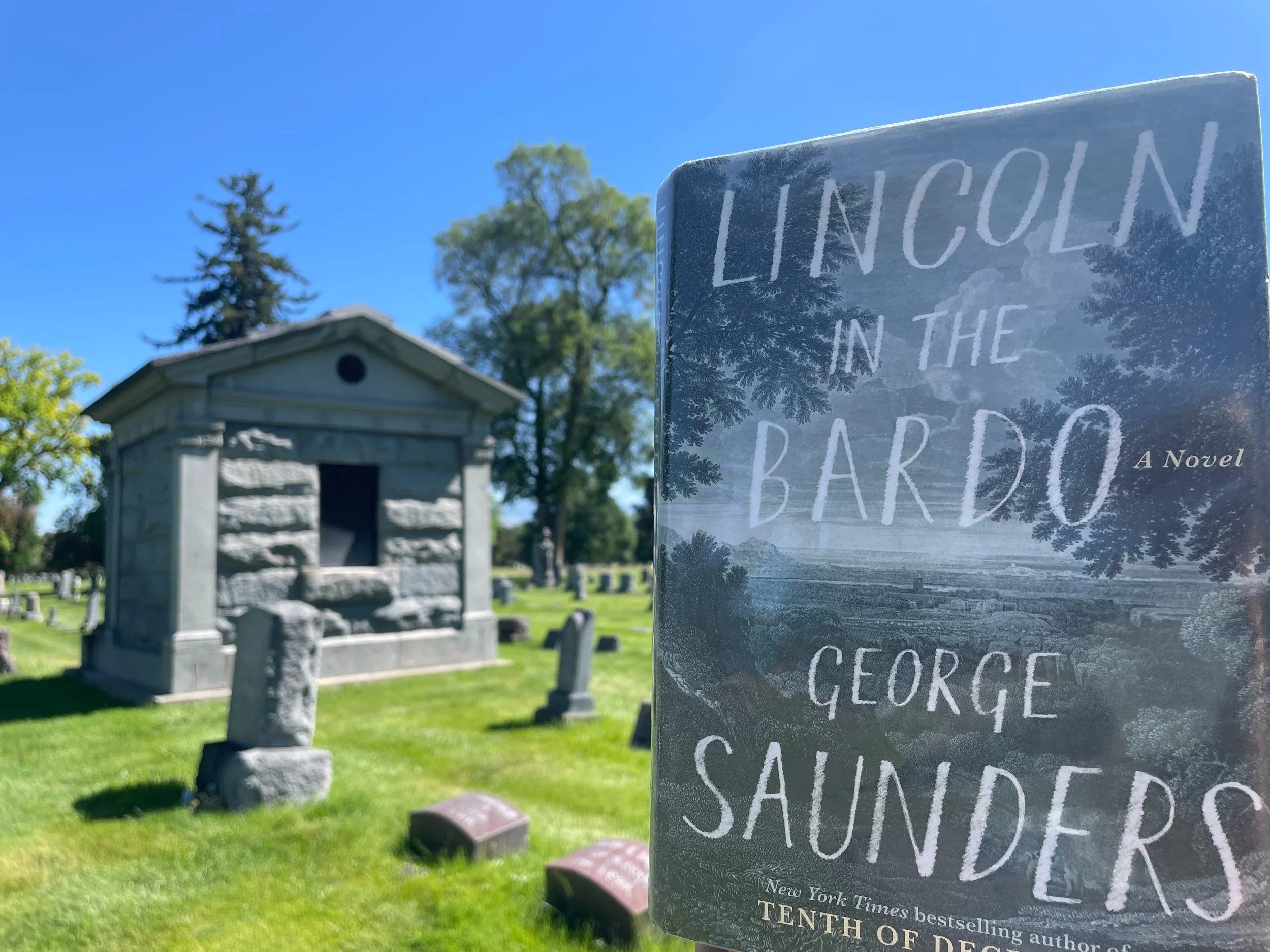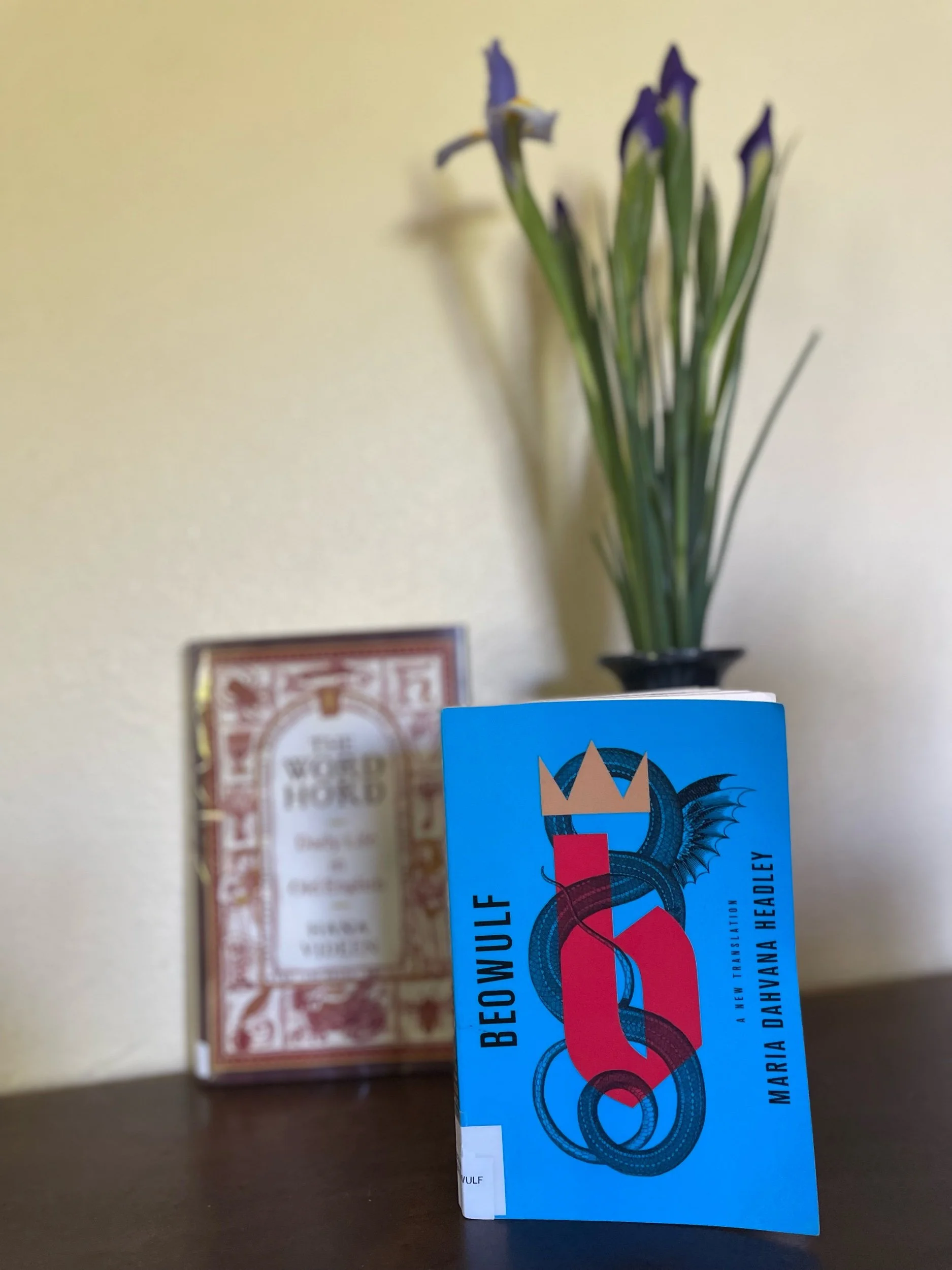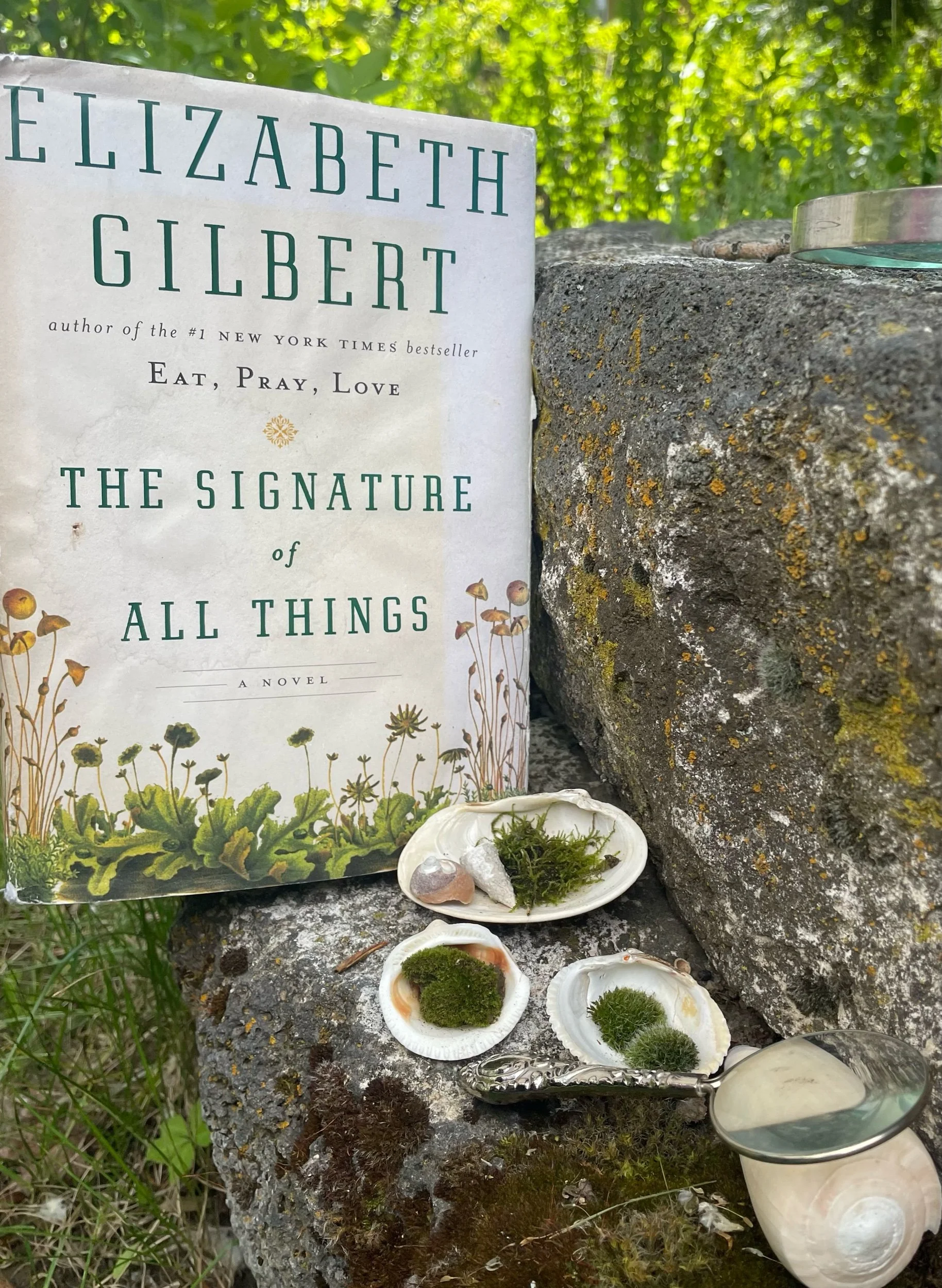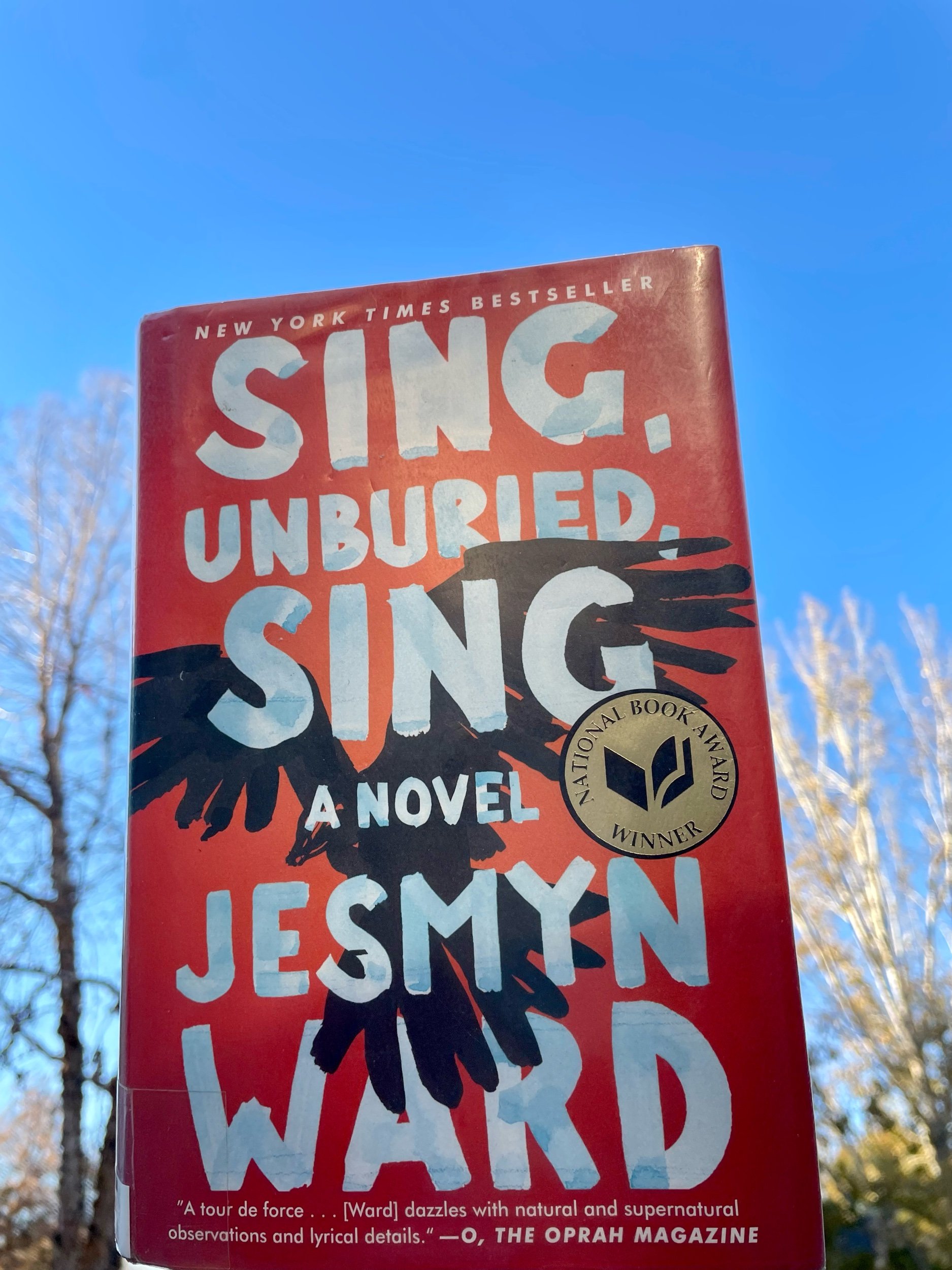Lincoln in the Bardo
George Saunders’ first novel, Lincoln in the Bardo (2017), is an astonishingly genre-bending tale set primarily in the in-between space that follows death and precedes whatever comes after. As the novel’s dust jacket explains, “bardo” is a Tibetan Buddhist term for the place souls occupy between death and reincarnation. Saunders is a master of written word (called the greatest American short story writer of our time by many), but this is his first foray into longer form fiction; and he dazzles.
The novel opens in the “bardo” where we meet three ghostly narrators who recollect their lives and deaths. Yet, lingering in the bardo, they seem reluctant to call it death. It is eerie and fascinating; it also establishes the flawed nature of these narrators’ perspectives. If they are our guides, we must proceed with other caution. It also introduces the unique style of dialogue that Saunders adopts in this novel; it reads like a long a series of epigraphs. He infuses the dialogue as epigraph with traditional epigraph-worthy citations by sprinkling in quotes from historical accounts of the Lincolns (as in Abraham and Mary Todd) from around the time of the novel’s action. The move creates a surreal juxtaposition as history and ghostly-narrated tale collide. Ultimately, the form reminds readers that while much of the novel is Saunders’ invention, the story emerges from historical fact.
As the novel continues, Saunders moves from the history of the Lincoln’s loss with the death of their son Willie to define the bardo. He reveals details rich in imagery and symbolism. It is a surreal space to be sure, even beyond Saunders’ narrative craft. The many characters who exist in the bardo are not constrained by the rules that govern the world of the living. They transform and transmute. Some don vestiges of rational thought and decorum, others rave, possessed with the madness of the bardo’s mundanity or appear in grotesque, even obscene form. It is a chaotic space and one in which sensory experience is not what it is for the living.
At the heart of this novel is the love of a father for his son. But he is not just any father; he is the President of the United States, and the Civil War has raged for over a year. The death count continues to climb and Lincoln tries to hold the guilt and grief that result. But on this night, after laying his beloved, eleven-year-old son to rest a forever sleep in a crypt, all he can think of is the overwhelming love (and corresponding intense grief) he has for the boy. If Lincoln has grieved for his country and the many casualties of war, he now feels grief intimately. In Saunders’ prose, Lincoln is grieving but also wise. He recognizes certain terrible truths about love and loss while mourning his son in the cold crypt, unaware of the frenzied bardo around him. His love may seem a little thing to those in the land of the living but it makes a serious impression on the dead. Indeed, Lincoln’s presence in the bardo is fundamental to the story, as the novel’s title suggests.
This is a tale unlike any other and it is well worth the wild ride. I approached it with little knowledge of what lay before, just as its ghostly narrators entered the in-between. Like them, the reader is forced to make sense of the surreal experience, the flawed narrators, and the ways sensory experience can be misleading. This is a book that will astonish, dazzle, draw forth tears, and well up hope. It is one well worth reading.
A photo of Willie Lincoln shortly before his death. It hangs in the exhibit at Ford’s Theater in Washington DC.
Bibliography:
Saunders, George. Lincoln in the Bardo. Random House: 2017.
A Few Great Passages:
“You are a wave that has crashed upon the shore [. . .] We say these things to speed you along” (93-94, repeated elsewhere).
“In short, it was dull here, and we craved the slightest variation” (124).
“Strange, isn't it? To have dedicated one's life to a certain venture, neglecting other aspects of one's life, only to have that venture, in the end, amount to nothing at all, the products of one's labors utterly forgotten?” (210).
“I was in error when I saw him as fixed and stable and thought I would have him forever. He was never fixed, nor stable, but always just a passing, temporary energy-burst. I had reason to know this. Had he not looked this way at birth, that way at four, another way at seven, been made entirely new at nine? He had never stayed the same, even instant to instant.
He came out of nothingness, took form, was loved, was always bound to return to nothingness” (244, italics in original).
“His mind was freshly inclined toward sorrow; toward the fact that the world was full of sorrow; that everyone labored under some burden of sorrow; that all were suffering; that whatever way one took in this world, one must try to remember that all were suffering (none content; all wronged, neglected, overlooked, misunderstood), and therefore one must do what one could to lighten the load of those with whom one came into contact”(303).
“All were in sorrow, or had been, or soon would be [. . .] It was the nature of things. [. . .] Though on the surface it seemed very personal was different, this was not true. [. . .] At the core of each lay suffering; our eventual end, the many losses we must experience on the way to that end. [. . .] we must try to see one another in this way. [. . .] as suffering, limited beings— [. . .] perennially outmatched by circumstance, inadequately endowed with compensatory graces” (304).
“I send this out to you, dear friends, before I go, in this instantaneous thought-burst, from a place where time slows and then stops and we may live forever in a single instant” (335).







